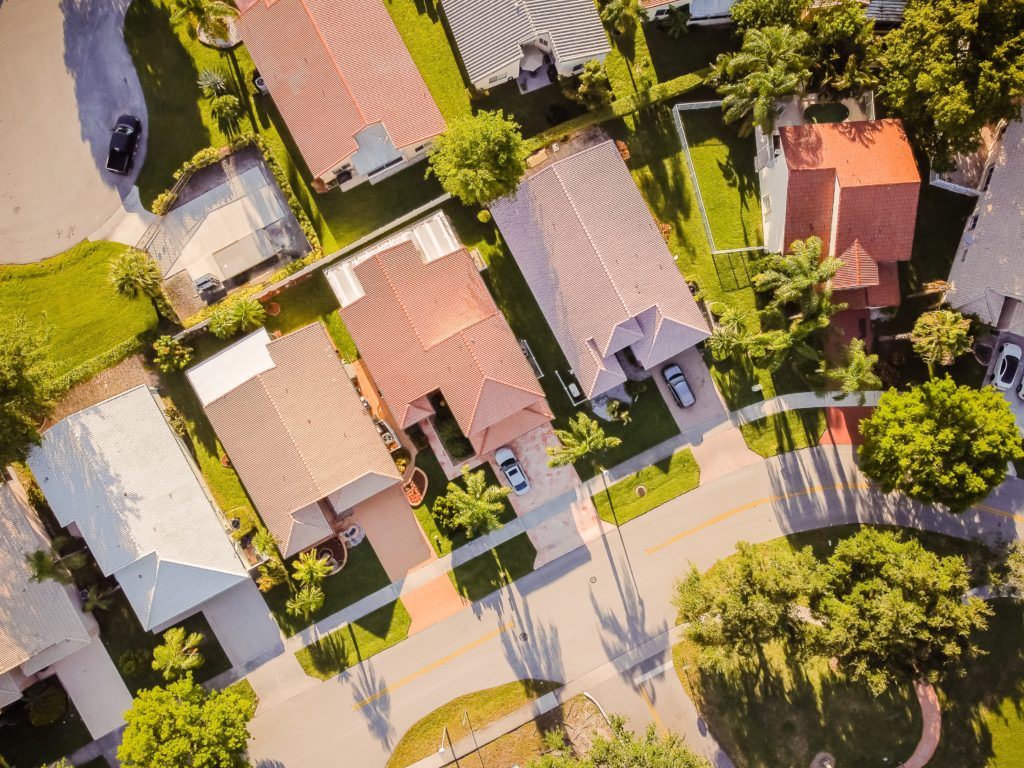HOA v. COA Liens: Five (5) Years v. One (1) Year Expiration
By Jessica Cappock August 4, 2021 Posted in Community Association Law Share
Which Florida Statute governs? Lien expiration is a particular topic requiring close attention to the specifics, with drastic differences in process, requirements and strict deadlines dependent on the type of lien filed. While Florida lien law is extensive, it is also straightforward, governing with clear set checklists, forms, and expirations. Despite the clear process and timeline laid out for condominium liens under Chapter 718.116, the Homeowners’ Associations Act under Chapter 720, lacks clarity, rendering an expiration by silence rather than by an express deadline for enforcement as found in Chapter 718.116.
I. Condominium Association Statutory Lien Expiration
Section 718.116, Florida Statutes governs the lien process for a condominium association, including an expiration of lien within one (1) year of the filing of the lien. Fla. Stat. §718.116(5)(b). This time period may be shortened even further when an owner files a Notice to Contest of Lien. After service of the Notice of Contest of Lien, “the association has 90 days in which to file an action to enforce the lien; and if the action is not filed within the 90-day period, the lien is void.” Fla. Stat. §718.116(5(c). In light of the Homeowners’ Association Act’s lack of an express deadline for enforcement, an owner may attempt to apply Section 718.116 and the express one (1) year deadline to the lien upon their home as a defense to bar enforcement for a homeowners’ association’s failure to bring the action within the one (1) year period. However, this argument will likely fail because Section 718.116 is specific to condominium associations and cannot be applied to a homeowners’ association lien.
II. Homeowners’ Association Lien Expiration
a. Florida Homeowners’ Associations Act
Section 720.3085, Florida Statutes of the Homeowners’ Association Act governs the lien process for a homeowners’ association and details the process from start to finish. However, Section 720.3085 fails to include a time frame within which the lienor must file a foreclosure action to enforce the lien, in contrast to the time period expressly laid out in Section 718.116 governing condominium liens. Despite countless cases discussing Sections 720.3085 and the enforcement of homeowners’ association liens, none discuss the application of a one (1) year expiration or the application of Section 718.116 to a homeowners’ association in general. See e.g. Wilmington Sav. Fund Soc’y v. Loquias, No.: 12-CA-003056, 2016 Fla. Cir. LEXIS 30345 (13th Cir. Fla. Feb. 17, 2016); Reverse Mortg. Solutions, Inc. v. Unknown Heirs, No. 36-2011-CA-053961, 2015 Fla. Cir. LEXIS 834 (20th Cir. Fla. July 24, 2015); Baldwin Newco II, LLC v. Zup II LLC, No.:2010-CA-11666-O, (9th Cir. Fla. May 25, 2012); Citigroup Mortg. Loan Trust, Inc. v. Malek, No.:19-CA-003947 (13th Cir. Fla., July 31, 2019). Freedom Mortg. Corp. v. Robison, No.: 15-CA-003752, 2015 Fla. Cir. LEXIS 64188 (13th Cir. Fla. Nov. 4, 2015).
b. Reading Between the Lines
Where a statute is “remedial in nature, it should be liberally construed to ‘preserve and promote access to the remedy intended by the Legislature.’” Knowles v. Beverly Enterprises-Florida, Inc., 898 So. 2d 1 (Fla. 2004). Given the silence of the legislature under Section 720.3085 as to lien expiration and enforcement, the courts look to the statute’s plain meaning. Moonlit Waters Apartments, Inc. v. Cauley, 666 So.2d 898, 900 (Fla. 1996). The courts cannot read in a time enforcement that simply is not there and instead the courts must liberally construe the clear and unambiguous language to uphold the remedy granted, a homeowners’ association lien. Case law precedent regarding homeowners’ association lien expiration together with the overall comprehensiveness of Section 720.3085 is sufficient to show that the application of Section 720.3085 is the appropriate governing law when it comes to enforcing homeowners’ association liens.
III. Timely Enforcement of Homeowners’ Association Lien
Florida lien law allows a homeowners’ association to record a claim of lien in the public records and then provide a delinquent member notice of intent to foreclose that lien, at least 45 days after the homeowners’ association served notice of its intent to file a lien. Fla, Stat. §720.3085(5). It is important that this notice includes (1) the amount of the delinquency, (2) the homeowners’ association’s intent to collect the same through foreclosure, and (3) contact information for a homeowners’ association’s representative. Id. Rather than a lien expiration, a five (5) year statute of limitations is applicable to homeowners’ association lien actions. Fla. Stat. §§720.3085(c); 95.11(2)(c). Chapter 720, by being silent on a homeowners’ association lien expiration, defers the time frame for enforcement to Chapter 95.11(2)(c) governing actions to foreclose mortgages generally, writing that “[t]he association may bring an action in its name to foreclose a lien for assessments in the same manner in which a mortgage of real property is foreclosed….” Fla. Stat. §720.3085(c). Pursuant to Chapter 95.11(2)(c) “[a]ctions other than for recovery of real property shall be commenced as follows: WITHIN FIVE YEARS.-…an action to foreclose a mortgage.” Fla. Stat. §95.11(2)(c).
IV. Apply the Proper Statute
Enforcing or defending against a Florida community association lien requires careful attention to the type of lien, and proper Florida lien law application and compliance. Courts can be unforgiving and adhere strictly to the governing statutory law. Strictly comply or lose your opportunity for enforcement. Given the one (1) year deadline for enforcement for condominium association liens, the Homeowner’s Association Act may allow for a greater opportunity to enforce, applying the general five (5) year statute of limitations governed by Chapter 95.


